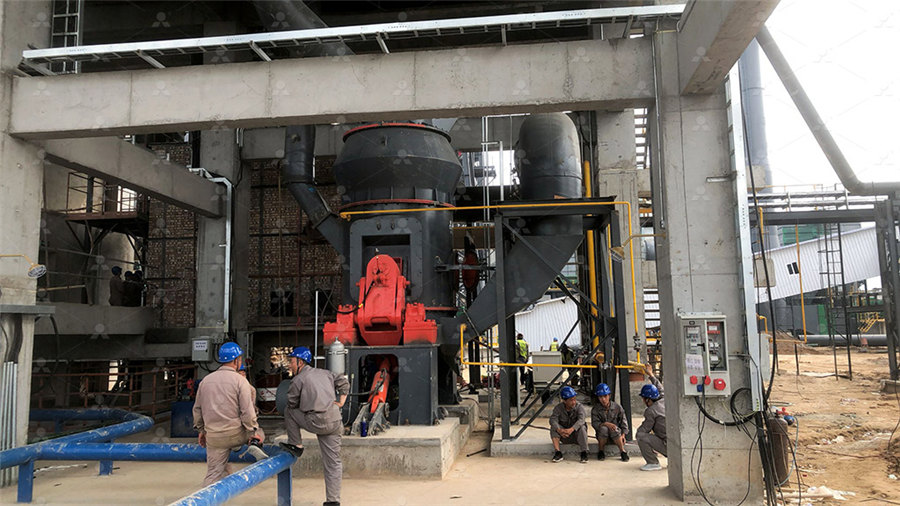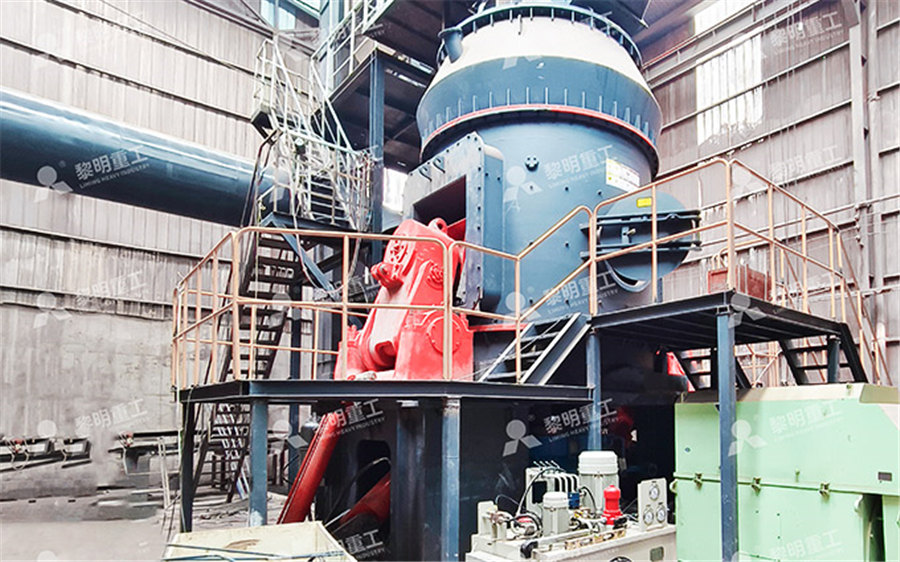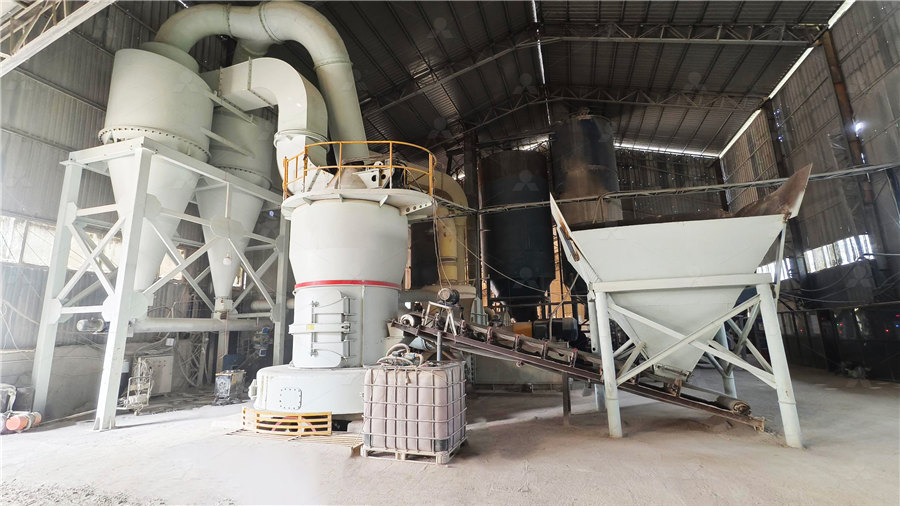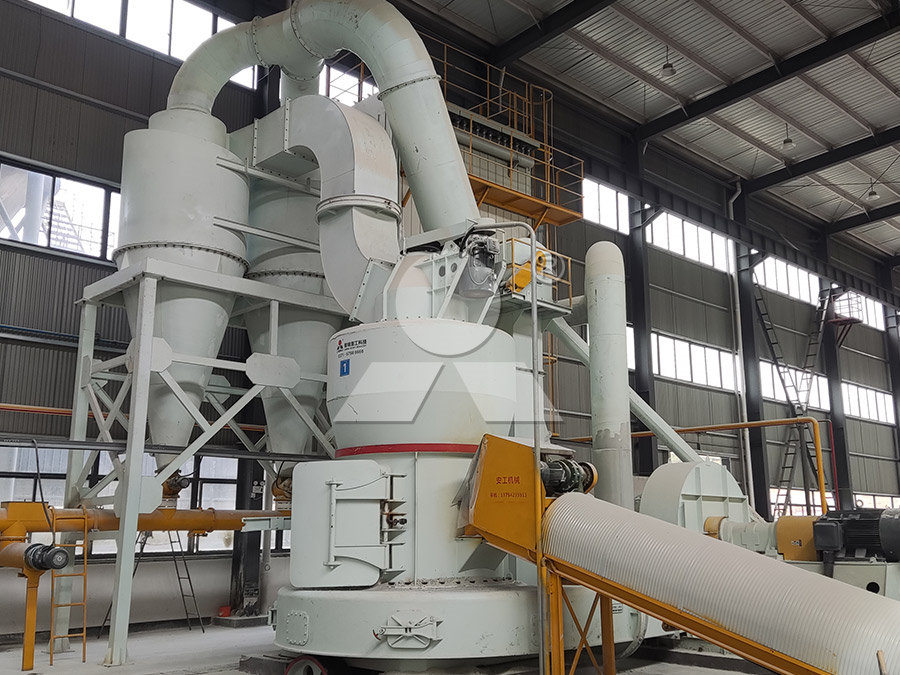
Detection of intermediates in carbon black production process
.jpg)
(PDF) Production of Carbon Black ResearchGate
2022年7月18日 The study encompasses a comprehensive analysis of existing carbon black manufacturing methodologies, emphasizing key parameters such as feedstock selection, reactor design, and processIn the oil furnace process, carbon black is produced by the thermal decomposition of a liquid hydrocarbon feedstock in a refractorylined steel furnace The heat required to carry out the Source Assessment: Carbon Black Manufacture2020年9月25日 CBH Process refers to a plant with hydrogen thermal plasma reactor able to decompose Hydrocarbons (HC's) into Hydrogen (H2) and Carbon Black (CB), a cleaner Carbon black and hydrogen production process analysis2023年5月11日 At present, researchers have integrated in situ FTIR and DEMS to achieve the simultaneous online detection of volatile species and adsorbed intermediates in CO 2 RR Direct monitoring of reaction intermediates through in situ

Key Control Characteristics of Carbon Black Materials for Fuel Cells
2024年9月16日 KCCs are determined by particle bulk electrical conductivity, Boehm titration (BT), isoelectric point (IEP), and Hansen solubility parameters (HSP) HSP, understood as This paper discusses the product development methodology of a unique carbon black dispersion technology, from conception of the idea to the development of a production proven process Process Development and Process Control Methodology of a 2023年2月5日 Hightemperature pyrolysis of waste tires is a promising method to produce highquality carbon black In this study, carbon black formation characteristics were investigated Production mechanism of highquality carbon black from high 2021年11月17日 Under the experimental conditions, the results indicated that polymeric and biological dispersions showed size distributions with hydrodynamic diameters of 404 and 175 Characterization and Quantitation of Carbon Black Nanomaterials

61 Carbon Black US Environmental Protection Agency
Carbon black is produced by the reaction of a hydrocarbon fuel such as oil or gas with a limited supply of combustion air at temperatures of 1320 to 1540°C (2400 to 2800°F) The unburned 2024年3月1日 In order to elucidate the nonclassical crystallization process involving intermediate phases, the oriented attachment mechanism has been adopted, 34, 35 which describes the selfassembly of local particles along a Advances in Intermediates for the SolutionProcessing 2024年10月1日 Carbon materials derived from carbohydrate compounds such as glucose and sucrose via green synthesis methods exhibit smooth spherical morphologies 0D carbon materials are typically used as electrode materials for lithiumion secondary batteries and as packing materials for highperformance liquid chromatography columns 1D carbon materials, with their Green synthesis of biomassderived porous carbon for 61 Carbon Black 611 Process Description Carbon black is produced by the reaction of a hydrocarbon fuel such as oil or gas with a limited supply of combustion air at temperatures of 1320 to 1540°C (2400 to 2800°F) The unburned carbon is collected as an extremely fine black fluffy particle, 10 to 500 nanometers (nm) in diameter The principal61 Carbon Black US EPA

A systematic review of intermediates and their characterization
2023年6月1日 In situ online analysis [25], theoretical simulation calculation [26] and catalytic oxidation kinetic analysis are effective techniques to explore the oxidation mechanism of VOCs in the degradation process of different catalysts In the analysis of oxidation kinetics, three oxidation kinetic mechanisms were proposed: Marsvan Krevelen (MVK) mechanism, Langmuir 2022年11月10日 The raw materials for production of dyes are compounds known as dye intermediates, which in turn are produced from aromatic compounds including benzene, aniline, naphthalene, etc which are derived from petrochemical and coal tar products Broadly, there are four categories of dye intermediates, based on the classes of organic compounds they are Cleaner production through enhanced resource recovery and 2024年2月1日 Insight into enhanced photogeneration mechanism of reactive intermediates from dissolved black carbon by copyrolysis of plastics and The dissolved black carbon Characterization of spectral responses of dissolved organic matter (DOM) for atrazine binding during the sorption process onto black soil Chemosphere, 180 (2017 Insight into enhanced photogeneration mechanism of reactive Criegee intermediates: production, detection and reactivity Anwar Khan 2020, International Reviews in Physical Chemistry See Full PDF Download PDF See Full PDF Download PDF Related Papers The Journal of chemical physics Criegee intermediates: production, detection and reactivity

Carbon black and hydrogen production process analysis
2020年9月25日 The economic viability of the CBH process as a hydrogen generation unit (centralized) for refining applications also depends on the cost of hydrogen production by competing processes Steam Methane Reforming (SMR) is a widespread method that produces twice the amount of hydrogen generated by natural gas plasma pyrolysis, but it emits CO2 gas 2018年9月1日 An undoubted advantage is the low cost of production of carbon black compared to other nanomaterials [34] Intermediate layers proposed in this study exhibited redox capacitance and double layer capacitance and may fulfill an iontoelectron converter functionMolecular organic materials intermediate layers modified with carbon 2024年8月8日 1 Introduction The increasing frequency and severity of wildfires, closely linked to climate change, are expected to intensify as climate change continues 1,2 The incomplete combustion of vegetation and soil organic material during wildfires produces black carbon (BC) 3,4 It is estimated that the burning of biomass predominantly contributes to the global Dissolved Black Carbon Facilitates the Photodegradation of The chapter discusses some methods by which the stable intermediates have been isolated from chemical reactions If isolation is not possible, then the methods available for the study of stable intermediates are identical with those used to study unstable species Unstable intermediates are also discussed brieflyChapter 4 The Detection and Estimation of Intermediates
.jpg)
WHAT IS CARBON BLACK
2024年6月26日 222 Degussa gas black process 18 223 Lamp black process 19 224 Channel black Process (historical) 20 23 Thermal decomposition processes 21 231 Thermal black process 21 232 Acetylene black Process 22 24 Carbon black dispersions, compounds, plastic and rubber masterbatches 23 3 PROPERTIES OF CARBON BLACK 年9月25日 Radiation from the plasma torch, as well as heat convection from the plasma gas, provides enough energy for the pyrolysis of hydrocarbons Temperature is the important parameter in cracking reactions [38]After the conversion of hydrocarbons into carbon black and hydrogen, a waste heat recovery system takes advantage of the heat of the products to Carbon black and hydrogen production process analysis2023年9月15日 Dissolved black carbon (DBC) is the watersoluble fraction of black carbon, which is produced from the incomplete combustion of fossil fuels and biomass (Tian et al, 2019)As an important constituent of the natural dissolved organic matter (DOM) pool in aquatic environment, DBC accounts for ~10 % of the total dissolved organic carbon (DOC) flux Variation in photochemical properties of dissolved black carbon The characteristics of carbon black vary depending on manufacturing process, and therefore carbon black is classified by manufacturing process Carbon black produced with the furnace process, which is the most commonly used method now, is called “furnace black,” distinguishing it from carbon black, which is manufactured with other processesManufacturing Process of Carbon Black
.jpg)
Direct Detection of the Oxygen Rebound Intermediates, Ferryl Mb
2009年9月9日 Direct Detection of the Oxygen Rebound Intermediates, Ferryl Mb and NO 2, (black trace) or ascorbate solution a process analogous to ferryl oxygen rebound to carbon radical intermediates 48 The results also show that NO 2 can diffuse away from the heme site to induce nitration elsewhere61 Carbon Black 611 Process Description Carbon black is produced by the reaction of a hydrocarbon fuel such as oil or gas with a limited supply of combustion air at temperatures of 1320 to 1540°C (2400 to 2800°F) The unburned carbon is collected as an extremely fine black fluffy particle, 10 to 500 nanometers (nm) in diameter The principal61 Carbon Black US EPAGI Razdyakonova et al / Procedia Engineering 113 ( 2015 ) 43 – 50 45 ν, см1 The degree of a carbon material graphitizing in globules extent was characterized by integrated intensity ratio D Influence of Environmental Conditions on Carbon Black Oxidation 2021年2月2日 In the present study, carbon black activated by CO2 gas was examined through XRD analysis, especially with regard to changes in its structural parameters(PDF) Analysis of Activation Process of Carbon Black Based on

Criegee intermediates: production, detection and reactivity
2020年7月31日 In the context of tropospheric chemistry, Criegee intermediates denote carbonyl oxides with biradical/zwitterionic character (R 1 R 2 COO) that form during the ozonolysis of alkenes First discovered almost 70 years ago, stabilised versions of Criegee intermediates formed via collisional removal of excess energy have interesting kinetic and mechanistic 2023年6月27日 Black carbon (BC) is a carbonaceous residue produced via incomplete combustion of fossil fuels or biomass, including soot and biochar BC is ubiquitous in the natural environment, negatively impacting human health and climate Based on indepth research, its positive role in removing pollutants has attracted extensive attention First, this paper briefly Occurrence, Migration, and Transformation of Black Carbon in 2022年12月1日 As the only renewable carbonaceous resource, the utilization of biomass energy is an important way to replace fossil fuels and ensure the energy security [1]Pyrolysis is a thermochemical pathway for the conversion of biomass towards the production of charcoal, biooil and fuel gas products [2, 3]Solid and gas products can be burned to provide energy for heat Recent advances in mass spectrometric studies on the reaction process 2024年1月9日 Understanding the production process is crucial to ensuring product quality, and the thermal cracking production process is a key step in obtaining highquality carbon black products By strictly controlling each production link, we ensure that the final product meets the needs of various industries and provides highquality raw materials for related industriesWhat is the production process of carbon black? dery
.jpg)
How is it Produced? ICBA
These processes produce nearly all of the world's carbon blacks, with the furnace black process being the most common The furnace black process uses heavy aromatic oils as feedstock The production furnace uses a closed reactor to atomize the feedstock oil under carefully controlled conditions (primarily temperature and pressure)Carbon black is composed of fine carbon particles that are produced by partially combusting oil or gases It has a wide variety of applications due to its ability to impart black color and increase electrical conductivity There are several manufacturing processes for carbon black, with the furnace process being the most common currently It involves blowing oil into high temperature Manufacturing Process of Carbon Black PDF Carbon Ink2024年6月30日 Two others, the lamp process for production of lamp black and the cracking of acetylene to produce acetylene black, were each used at one plant in the US However, these are smallvolume specialty black operations that constituted less than 1 percent of total production in this country [2] Carbon Black Process Details Lamp Black ProcessTechType: Carbon Black Process ppPLUSIn the oxidative halfreaction, the reduced flavin is oxidized by 2′deoxyuridine 5′monophosphate (dUMP) and (6R)N5,N10methylene5,6,7,8tetrahydrofolate (CH2THF), synthesizing 2′deoxythymidine 5′monophosphate (dTMP) dTMP synthesis is a complex process, requiring the enzyme to promote carbon transfer, probably by increasing the nucleophilicity of dUMP and Detection of Intermediates in the Oxidative HalfReaction of the
.jpg)
Detection of catalytic intermediates at an electrode surface
2018年12月1日 The electrocatalytic reduction of CO2 offers a sustainable route to the many carbon fuels and feedstocks that society relies on [facMn(bpy)(CO)3Br] (bpy, 2,2bipyridine) is one of the most Carbon black used to be called "soot" in the west and "shouen" in the east In the 1740's, plant production started in the United States, and because of the production method used, it was then called "lampblack” In the 1870's, products manufactured from natural gas were sold under the name “carbon black”Carbon black: the processes behind the product CEERISK2021年3月1日 Carbamate Intermediates over Mesoporous Carbon Nitrides in CO2 Mediated Oxidation Reaction during the production process, Detection of CO formed during the r eaction (PDF) Carbamate Intermediates over Mesoporous Carbon 2024年3月1日 In order to elucidate the nonclassical crystallization process involving intermediate phases, the oriented attachment mechanism has been adopted, 34, 35 which describes the selfassembly of local particles along a Advances in Intermediates for the SolutionProcessing

Green synthesis of biomassderived porous carbon for
2024年10月1日 Carbon materials derived from carbohydrate compounds such as glucose and sucrose via green synthesis methods exhibit smooth spherical morphologies 0D carbon materials are typically used as electrode materials for lithiumion secondary batteries and as packing materials for highperformance liquid chromatography columns 1D carbon materials, with their 61 Carbon Black 611 Process Description Carbon black is produced by the reaction of a hydrocarbon fuel such as oil or gas with a limited supply of combustion air at temperatures of 1320 to 1540°C (2400 to 2800°F) The unburned carbon is collected as an extremely fine black fluffy particle, 10 to 500 nanometers (nm) in diameter The principal61 Carbon Black US EPA2023年6月1日 In situ online analysis [25], theoretical simulation calculation [26] and catalytic oxidation kinetic analysis are effective techniques to explore the oxidation mechanism of VOCs in the degradation process of different catalysts In the analysis of oxidation kinetics, three oxidation kinetic mechanisms were proposed: Marsvan Krevelen (MVK) mechanism, Langmuir A systematic review of intermediates and their characterization 2022年11月10日 The raw materials for production of dyes are compounds known as dye intermediates, which in turn are produced from aromatic compounds including benzene, aniline, naphthalene, etc which are derived from petrochemical and coal tar products Broadly, there are four categories of dye intermediates, based on the classes of organic compounds they are Cleaner production through enhanced resource recovery and

Insight into enhanced photogeneration mechanism of reactive
2024年2月1日 Insight into enhanced photogeneration mechanism of reactive intermediates from dissolved black carbon by copyrolysis of plastics and The dissolved black carbon Characterization of spectral responses of dissolved organic matter (DOM) for atrazine binding during the sorption process onto black soil Chemosphere, 180 (2017 Criegee intermediates: production, detection and reactivity Anwar Khan 2020, International Reviews in Physical Chemistry See Full PDF Download PDF See Full PDF Download PDF Related Papers The Journal of chemical physics Criegee intermediates: production, detection and reactivity2020年9月25日 The economic viability of the CBH process as a hydrogen generation unit (centralized) for refining applications also depends on the cost of hydrogen production by competing processes Steam Methane Reforming (SMR) is a widespread method that produces twice the amount of hydrogen generated by natural gas plasma pyrolysis, but it emits CO2 gas Carbon black and hydrogen production process analysis2018年9月1日 An undoubted advantage is the low cost of production of carbon black compared to other nanomaterials [34] Intermediate layers proposed in this study exhibited redox capacitance and double layer capacitance and may fulfill an iontoelectron converter functionMolecular organic materials intermediate layers modified with carbon
.jpg)
Dissolved Black Carbon Facilitates the Photodegradation of
2024年8月8日 1 Introduction The increasing frequency and severity of wildfires, closely linked to climate change, are expected to intensify as climate change continues 1,2 The incomplete combustion of vegetation and soil organic material during wildfires produces black carbon (BC) 3,4 It is estimated that the burning of biomass predominantly contributes to the global













